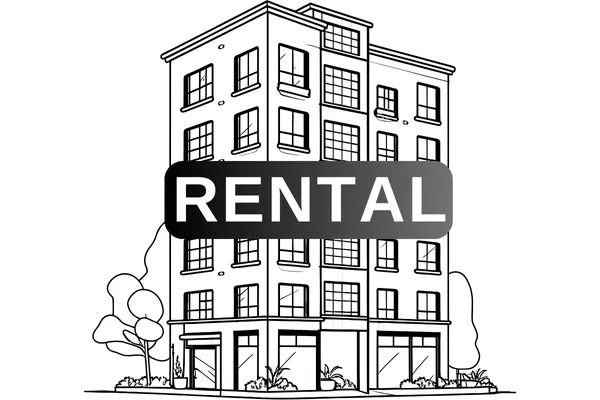Steenland Kacos Insurance Blog

What is renters insurance?
What Is Renters Insurance, and Why Should I Have One?
Renters insurance is one of those things that sometimes gets added to a quote for the multi-policy discount, or maybe you’ve heard about it in passing but never really knew what it was or why you should have it. In this article, we’ll cover two key questions: What is a renters policy? And why should you have one?
If you’re anything like me, you didn’t hear about renters insurance until you moved out of your parents’ house. I remember when I got married and moved into a one-bedroom, one-bathroom, three-story apartment building. I said to my wife, “Now that we’re married, can you handle the boring stuff like insurance, budgeting, and groceries? I’ll handle the tough stuff like buying new cars and putting together furniture.” A few days later, she let me know she had sorted our insurance, and we now had auto and renters insurance. Having never heard of a "renters policy," I laughed and didn’t think much of it.

Why You Need Renters Insurance
Unless an agent or a parent tells you to get renters insurance, you’re likely in the same boat I was. But now that I’ve been in the insurance world for a while, I understand why having renters insurance is important. Many people assume that if you’re renting—whether it’s an apartment, a relative’s house, or even crashing on a friend’s couch—the building’s insurance will cover your belongings. Unfortunately, this isn’t the case. Insurance policies typically only cover the owner’s belongings. So, that nice TV? Not covered. Your collection of Gucci pants? Gone. Your furniture? Out of luck. This is why having a renters policy is crucial to protect your personal items.
Another important reason to have renters insurance is that it provides personal liability coverage. Depending on the insurance carrier, you can purchase coverage up to $1,000,000 in personal liability. This coverage protects you in case of a lawsuit. For example, imagine you’re hosting friends at your apartment, and one of

them sets up a slip-n-slide in your living room. Another friend, who wasn’t aware of the water, comes out of the bathroom, slips, and hits their head on the end table. After a few days in the hospital, they decide to sue you for damages. Renters insurance can help cover the cost of this lawsuit up to the limits of your policy.
Lastly, renters insurance allows you to schedule expensive items. For instance, let’s say you have a watch collection, and one day, your watches go missing. There’s no sign of forced entry, but you know they were hidden in your closet. If those watches were scheduled on your renters policy, the insurance would pay out up to the coverage limit for the missing items.
Affordable and Practical Protection
This isn’t an exhaustive list, but it highlights a few key reasons why having a renters policy is a smart move if you’re renting or living somewhere other than your own home. It’s also worth noting that renters insurance is often quite affordable. In many cases, adding renters insurance can provide a multi-policy discount that ends up saving you more than the cost of the policy itself.
Hopefully, this helps you better understand what renters insurance covers and why it’s worth considering if you don’t already have a policy in place.
FAQS
How does auto insurance work?
Auto insurance protects you financially by covering the costs of damage or injuries from a vehicle accident or theft. It is a contract between you and the insurance company, where you agree to pay the premium, and the insurance company agrees to pay your losses as defined in your policy.
What is umbrella insurance?
Umbrella insurance provides additional liability coverage above the limits of your homeowners, auto, and boat insurance policies. It kicks in when the liability on these other policies has been exhausted, offering an extra safety net of protection.
Why do I need liability insurance on my policy?
Liability insurance is critical because it covers legal costs and payouts for which you are found legally responsible. Without it, you could be faced with paying out of pocket for costly damages or medical bills.
How can I save on home insurance?
Maximizing savings on home insurance can be achieved by comparing policies, increasing deductibles, and ensuring your home has up-to-date safety features. Regular reviews of your policy can also uncover other potential savings.
What factors affect my auto insurance rates?
Several factors can affect your rates, including your age, driving history, and the type of vehicle you drive. Rates are also impacted by where you live, as different areas have varying risks of theft and accidents.



